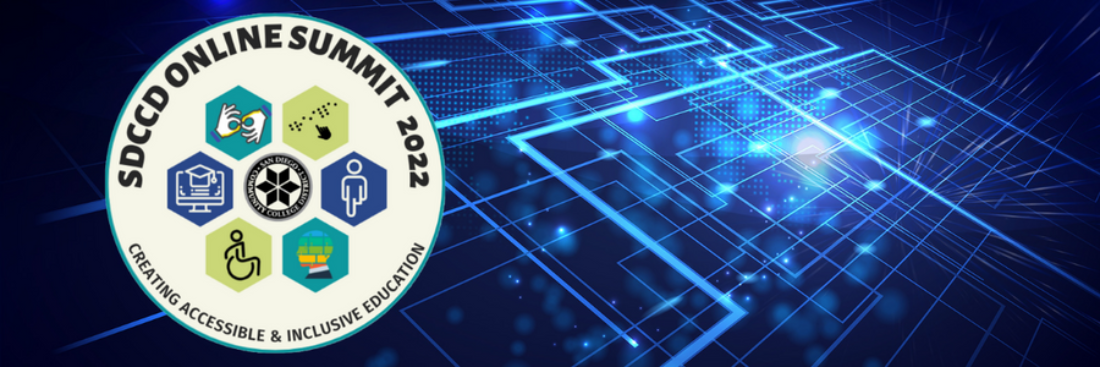
DE Summit
De Summit: Creating accessible & inclusive Education
Friday, October 14, 2022
As part of the Districtwide Strategic Plan, the San Diego Community College District aims to “close the access gap” by making educational materials, practices, and interactions more inclusive and useful for all learners, regardless of program type. In order for learners at SDCCD colleges to be successful and reach their potential, it is important that they have access to quality and equitable education. This event aims to create and strengthen the work of instructors, support staff, and administrators who are prepared to teach and support a diverse range of learners, especially our under-resourced students who come to SDCCD colleges from a variety of socio-economic, cultural, and community backgrounds.
The overarching goal of this interactive event is to welcome more under-resourced students to engage in course work, overcome barriers, and graduate from SDCCD colleges.
Join faculty colleagues for a day of innovative thought, new technology techniques, and perspective learning.
All SDCCD staff, faculty, and administration were invited to participate.
*All Presentations and Webinars have been recorded and listed under each event or can be found on the SDCCD Video Library
Registration
All who wish to participate in this week's OER presentations and webinars must sign up and register for each event they wish to attend. The specific registration link will be available under each event in the section below. After registering for your event an automated email confirmation will be sent along with the Zoom Webinar link that will grant you access to the event.
Information and registration details for each webinar can be found for each of the following events:
Description:
Online & Distributed Learning Dean Weston will kick off the Online Summit 2022 with a presentation on distance education efforts across the District, updated numbers on our students, and support for the 22/23 year.
Flex Credit:
College Flex- 15632
CCE Flex- 26169
About our Presenter: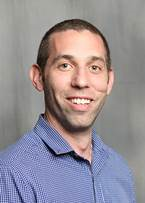 Brian Weston started working in California Community College’s as an American Sign Language Interpreter and progressed into Information Technology and Teaching. Brian serves as the Dean of Online & Distributed Learning at San Diego Community College District. He leads the Districtwide Distance Education Steering Committee, Educational Services Software Workgroup, and Student Textbook Affordability Committee for the district. His focus is enhancing online programs and course offerings while ensuring that students have access to necessary college services.
Brian Weston started working in California Community College’s as an American Sign Language Interpreter and progressed into Information Technology and Teaching. Brian serves as the Dean of Online & Distributed Learning at San Diego Community College District. He leads the Districtwide Distance Education Steering Committee, Educational Services Software Workgroup, and Student Textbook Affordability Committee for the district. His focus is enhancing online programs and course offerings while ensuring that students have access to necessary college services.
Microsoft Educational Innovations: 8:30 AM - 9:00 AM
Learn about Microsoft’s efforts using Office 365 suite, technology, and where their future efforts may lead education
Flex Credit:
College Flex- 15633
CCE Flex- 26170
Accessibility, Usability & Design = Inclusion Panel: 9:00 AM - 9:45 AM
Description:
Accessibility mentors discuss strategies for creating a culture of care, time management, flexibility, accessibility and universal design.
Flex Credit:
College Flex- 15634
CCE Flex- 26171
Online Mentors Perspectives and New Initiatives: 10:00 AM - 10:45 AM
Description:
Online Faculty Mentor from City, Mesa, Miramar, and Continuing Education will cover highlights from each college's distance education over the past year leading to an unconference format.
Flex Credit:
College Flex- 15635
CCE Flex- 26172
Meet Our Presenters:
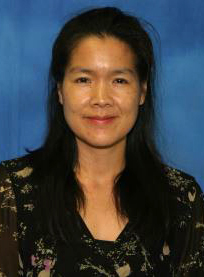 Aileen Gum Online Mentor,City College |
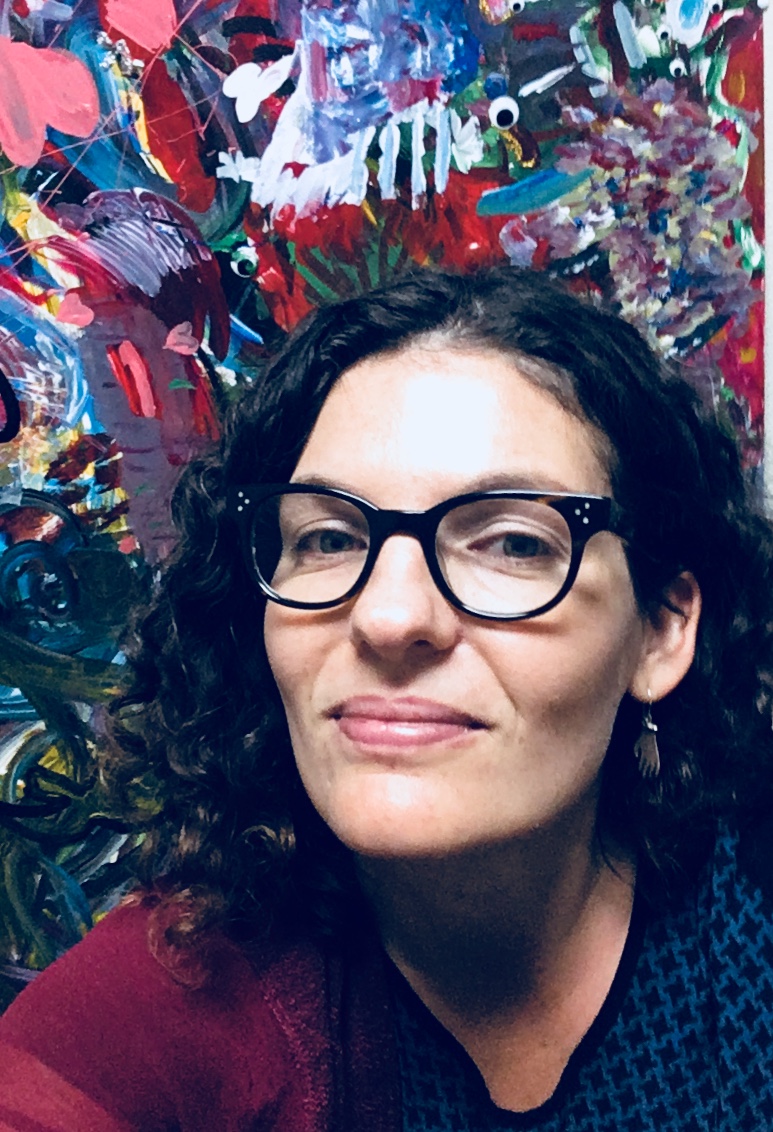 Cara Smulevitz Online Mentor for Mesa College |
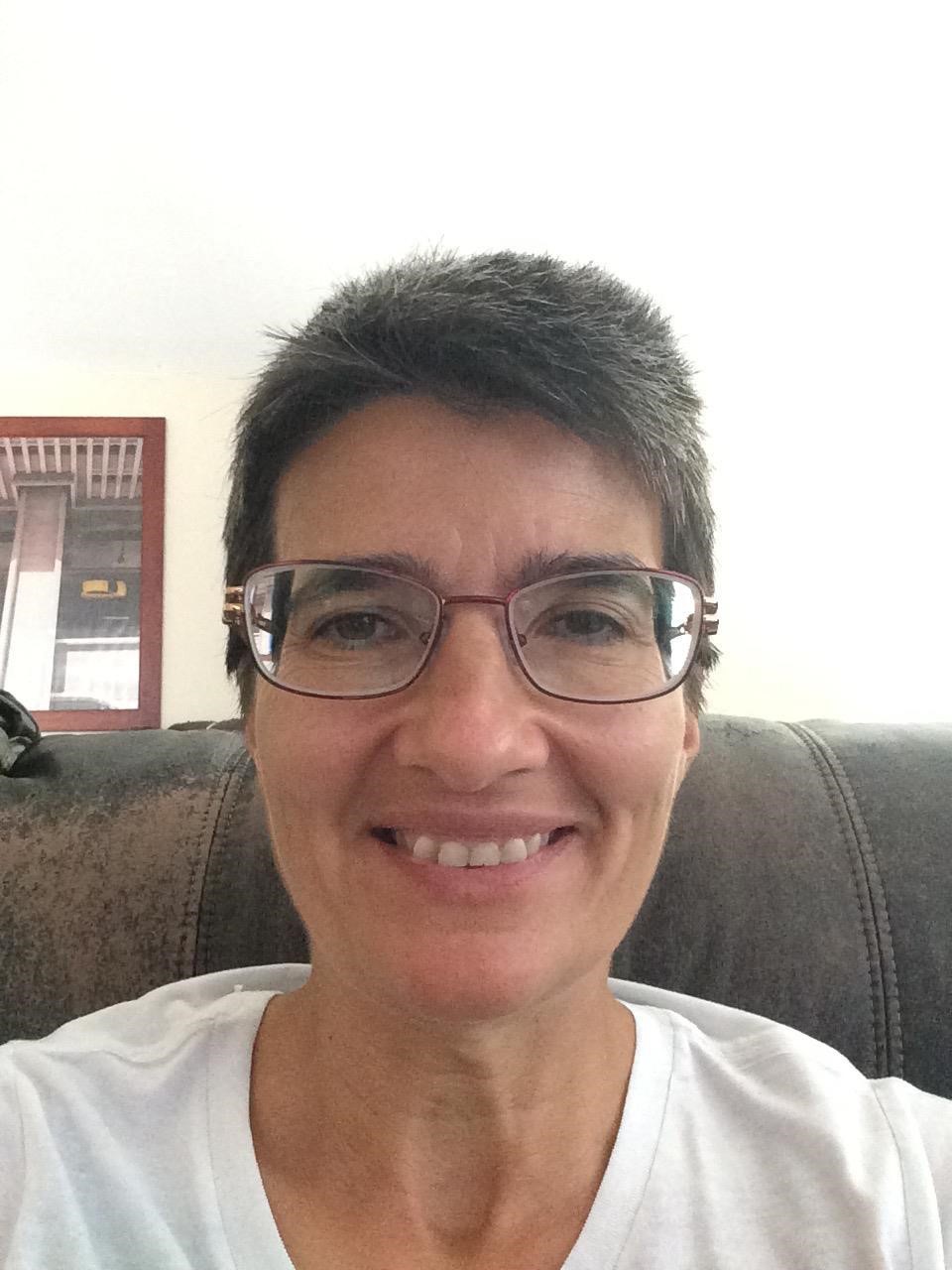 Anne Gloag Online Mentor, Miramar College |
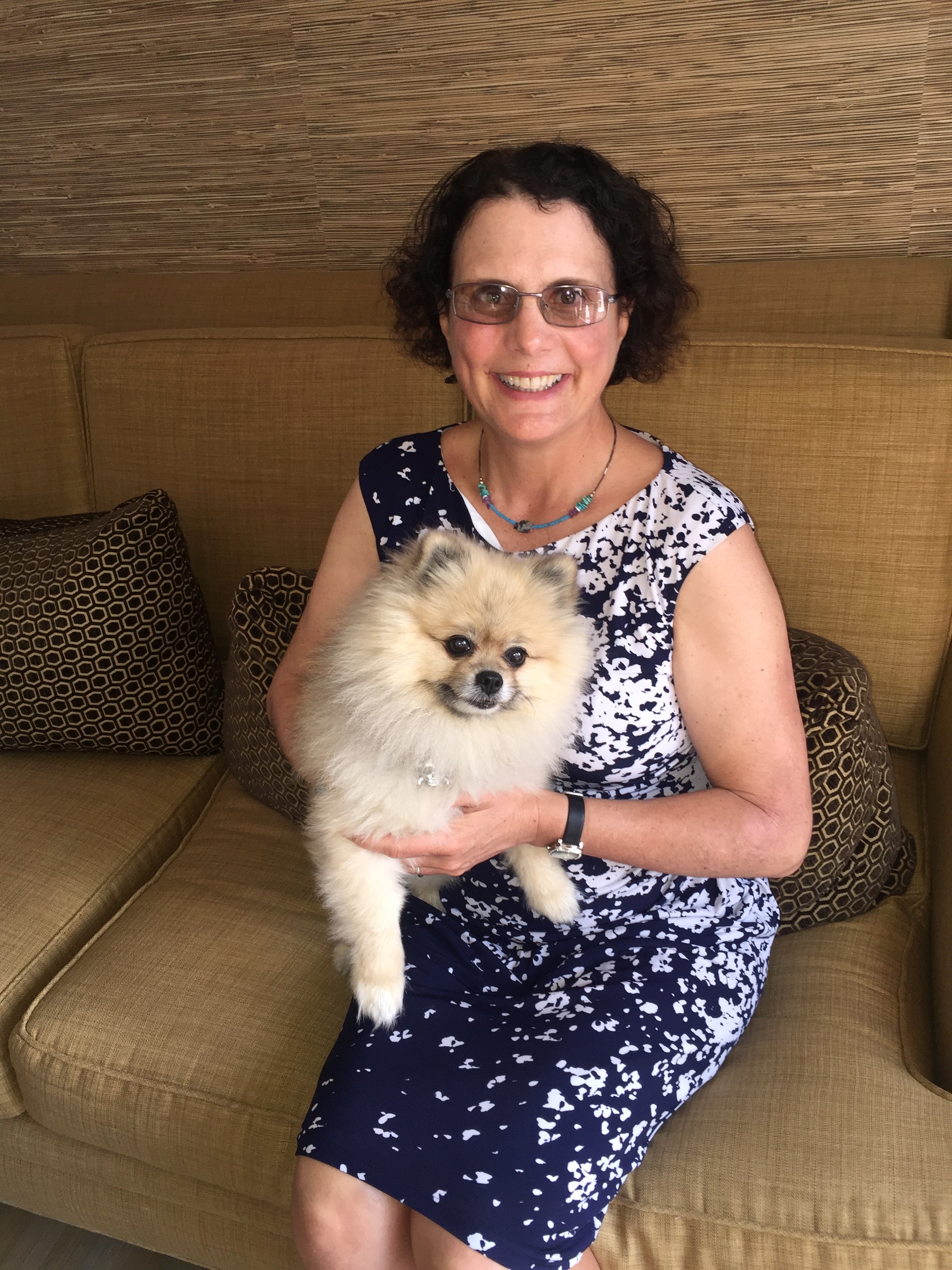 Ingrid Greenberg Online Mentor, College of Continuing Education |
To learn more about our Online Faculty Mentors you can visit our contact page
Quick Video tips for increasing engagement: 11:00 AM - 11:45 AM
Description:
Creating and sharing personal videos increases instructor presence and engagement in online classes. However, videos do not always need to be a lengthy production. The presenter will share three types of short videos that can be integrated into the online setting. Favorite tools to create easy and accessible videos will also be covered.
Flex Credit:
College Flex- 15636
CCE Flex- 26173
About Our Presenter:Denise teaches English and ELAC at Miramar College and is passionate about humanized online learning experiences. A veteran educator, she recognizes the importance of ensuring a culture of care and accessibility in all educational spaces.
Find her on Twitter @dmaduliwilliams, and LinkedIn
Keynote Speaker - Dr. Thomas Tobin 12:00 PM - 1:30 PM
Bridging the Gap for SDCCD Online Learners with Universal Design for Learning
Description:
This session will introduce you to Universal Design for Learning, especially as newly revised for higher education (CAST, 2014). You will discover how to implement UDL in the design of your interactions with learners, creating spaces for best teaching practices to take place—in the classroom and beyond. This is best accomplished through an incremental approach, using a “next 20” series of milestones—achievements that can be attained in the next 20 minutes, 20 days, and 20 months (Tobin & Behling, 2018).
You’ll also find out where to look for help at your institution and in your Learning Management System (LMS): recent research from CAST and the Center for Universal Design in Education suggests that institutions whose faculty-support staff members use UDL, too, see better adoption rates and deeper penetration of UDL principles across all courses (CAST, 2014; DO-IT, 2015). By attending this session, you will be able to
- help other instructional colleagues to incorporate Universal Design for Learning (UDL) elements into their courses,
- design/retrofit existing course components using UDL principles,
- expand your institution’s use of UDL elements beyond the legally-required minimum.
In this session, we will examine the linked concepts of learner variability and construct relevance. From cultural and linguistic proficiencies, to unbridled enthusiasm for study, to anxiety about the challenges ahead, students vary. Reducing cognitive, linguistic, executive, and affective barriers is of vital importance as students negotiate university expectations differently, according to their widely ranging background experiences.
Over the years, we’ve had a robust conversation about why accessibility is a noble goal for colleges and universities (Ableser & More, 2018). Despite our common challenges of fragmented service silos, unclear compliance definitions, limited human and financial resources, and lack of guidance from campus leadership beyond meeting legal mandates, we would be hard pressed to find anyone who doesn’t think that making content accessible to the broadest possible audience is the right thing to do.
We would also be hard pressed to find many people who are expert in exactly how to make accessibility a reality across campus. Sure, we have laws in place, as well as industry standards and working groups and advocacy efforts. But still, at the end of the day, we also have lawsuits, and our dark secret is that almost none of us feels, deep down, that our institutions are yet fully compliant with the basic legal requirements, let alone ready to say publicly that we are accessible institutions.
Campus leaders seem—almost uniformly—to think about instructors and course offerings when they think about accessibility and inclusive design (Borghans & Golsteyn, 2015): how can professors make classes more accessible? When presidents and provosts think of other aspects, they invariably add the institution’s web site in terms of video captioning and image alt-tagging (Brown, 2018). This low-hanging fruit encompasses only the maintenance tasks performed by the most powerful accessibility players on campus: the staff.
IT, library, and academic support units are in the best position to influence how all university constituents experience systems, processes, content, and tools (Burgstahler & Vinten-Johansen, 2017). We should adopt universal design for learning (UDL) as we design interfaces, procure and purchase staff tools, and support inclusive-design initiatives on our campuses (Bowery & Houston, 2017). We have great language to use in conversations about accessibility (Moriarty, 2018), lofty goals about providing access to education for everyone (Thompson, Jenkins, & Campbell, 2018), and strategy-level milestones to target. But how do we actually do it?
The colleges that are furthest along in their accessibility efforts tend to have staff and instructor leaders who share certain practices. They typically chop off the end of the word “accessibility,” focusing their efforts on expanding access, regardless of the ability profiles of their learners. They shift their goals away from making content accessible and look instead at making interactions easier to engage in (Cullen, 2018). And they have largely moved beyond the mental model of universal design (UD) in the physical environment, which is static, bounded, and predictable—instead designing interactions according to UDL, which sees interactions as dynamic, open, and emergent (DeSilva, Nemeroff, & Lopez, 2017).
That’s all advanced-level accessibility, though. What most of us are after are starting points.
Rather than starting with CAST’s neuroscience-based three brain networks and multiple means of engagement, representation, and action and expression, a more manageable starting point is “plus one” thinking (Tobin, 2019). For now, think of the interactions that your student-support operation offers to people, and think of how they might interact in just one more way than happens now.
This session will provide multiple ways to keep participants engaged (solo, collaborative, and interactive), multiple ways to present information (slide visuals, video sharing, text-chat, spoken audio), and multiple ways to join the conversation and show skills (video, text chat, self-guided reflection). We will use active-learning techniques and provide use-them-now resources for participants. Especially by relating UDL to broader access benefits for all learners, our activities serve as a model for participants to re-frame accessibility and inclusion conversations.
This session posits diversity in its most inclusive form: instead of relying solely on providing accommodation services to learners with disabilities—which is most often a last-minute, ad-hoc, reactive process—adopting UDL as part of an institution’s culture of course design, teaching practices, and support services allows all learners to benefit, regardless of their place on the ability or access spectrum.
Flex Credit:
College Flex- 15637
CCE Flex- 26174
About Our Presenter:
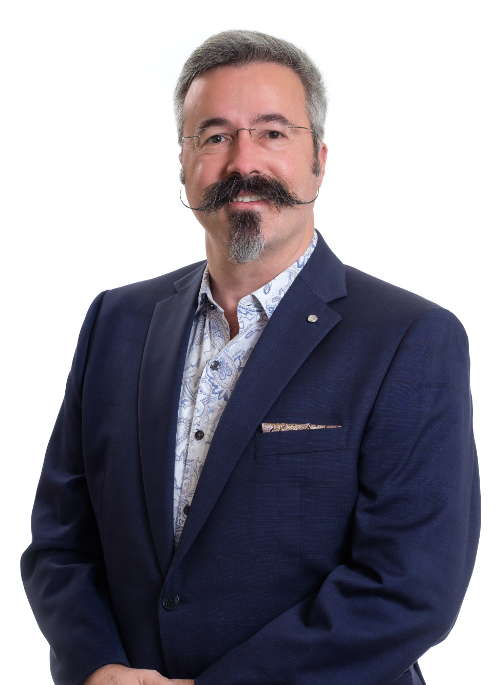
Thomas J. Tobin helped found the University of Wisconsin-Madison Center for Teaching, Learning, & Mentoring (CTLM); he is an internationally recognized scholar, author, and speaker on quality in technology-mediated education—especially copyright, teaching evaluation, academic integrity, and accessibility/universal design for learning.
He holds a master’s and Ph.D. in English literature, an information science master’s, and certifications in project management (PMP), online teaching (MOT), Quality Matters (QM), accessibility (CPACC), and academic leadership (Penn State ALA).
Named to Ed Tech Magazine’s 2020 “Dean’s List” of Educational Technology Influencers and honored with the 2022 Wagner Award for Outstanding Leadership in Distance Learning Administration, Tom serves on the editorial boards of InSight: A Journal of Scholarly Teaching and the Online Journal of Distance Learning Administration.
His books include:
- Evaluating Online Teaching: Implementing Best Practices (2015) with Jean Mandernach and Ann H. Taylor.
- The Copyright Ninja (2017).
- Reach Everyone, Teach Everyone: Universal Design for Learning in Higher Education (2018) with Kirsten Behling.
- Going Alt-Ac: A Guide to Alternative Academic Careers (2020) with Katie Linder and Kevin Kelly.
- UDL for FET Practitioners: Implementing Universal Design for Learning in Irish Further Education and Training (2021) with Ann Heelan.
Tom was also proud to represent the United States on a Spring 2018 Fulbright Scholar fellowship, under which he helped Eötvös Loránd University in Budapest, Hungary to develop its first faculty-development program, and he provided workshops and training to twelve other colleges, universities, and military programs throughout Hungary.
Find him on Twitter @ThomasJTobin, and at thomasjtobin.com